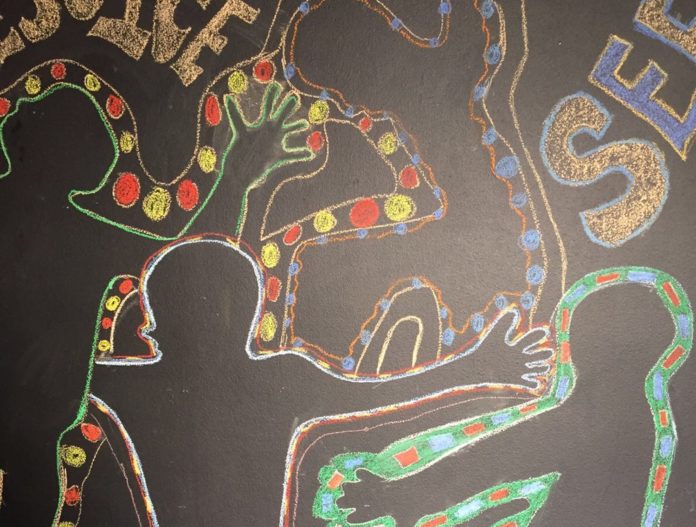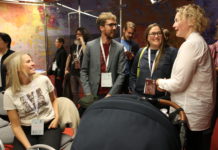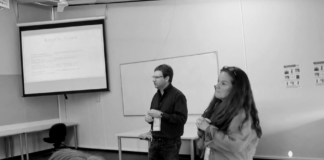The Arts are not always as diverse, inclusive or accessible as we would like to think they may be. Having a disability, for instance, can be one of the hardest challenges for Young People wanting to access the Arts.
However my writing here betrays an all too common habit – when we think about words like inclusion and accessibility, there is a tendency to immediately (and sometimes exclusively) think about disability. This is not only ‘othering’ disabled people but it also leaves out of the debate those different demographics who cannot access, or do not feel at home in, Theatre spaces either.
There has been a lot of debate about the word diversity at the ASSITEJ Cradle of Creativity and this has helped me to really think critically about the term which, though commonly used in our workspaces for all the right intentions, may not necessarily be the best word to use.
In the United Kingdom, for example, diversity is used frequently, with the intention of encouraging people who are seen as being ‘other’ to participate along with those who might be considered as ‘typical’. As such, the word can be argued to actually further marginalise.
Heidi Vaughan, formerly Artistic Director of London’s Kazzum and now Artistic Producer of Bristol’s Travelling Light, suggests that we use the word inclusion instead. Inclusion, she proposes, focuses on every individual need, as opposed to pigeonholing people into stereotypical groups.
“It’s about normalising difference,” she argues, “about every single child reaching their maximum potential.” She goes on to argue that children need to be habituated from a young age to believe that there is no such thing as ‘normal’ as no two individuals are the same. “If you aren’t exposed to difference from a young age, how can you expect that difference to carry through?”
“It’s about normalising difference. It’s about every single child reaching their maximum potential.” – HEIDI Vaughan
So, whilst terms such as diversity and accessibility must never escape our minds entirely, I will, for now at least, follow Vaughan in arguing for Theatre to evolve into more of an inclusive field in the future.









